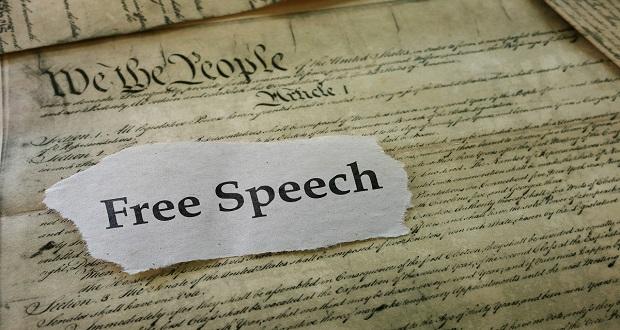
Have you ever had that sinking feeling? You know, the one where you just NEED to get something out into the open? And that thing you need to get out into the open is raw, vulnerable and so uncomfortable you want to crawl out of your skin? And you’d rather just climb into bed and eat pie and fade away?
Me too.
This feeling is pain. And Resmaa Menakem tells us there are two kinds of pain when it comes to healing from “white body supremacy”: clean pain and dirty pain. In his book, My Grandmother’s Hands: Racialized Trauma and the Pathway to Mending Our Hearts and Bodies, Menakem breaks down the core elements of each kind of pain, and invites us all to embark on the journey of healing.
Clean Pain:
- When we say or do the thing we KNOW we need to say or do, even though we’d rather run 100 miles in the other direction
- Hurts like hell, and also mends our capacity for growth
- Enables us to engage our integrity and mend our trauma
- Allows white Americans to confront their collective disassociation and silence
- Enables BIPOC folx to confront internalization of defectiveness and self-hate
Dirty Pain:
- When we respond from our most wounded parts, become cruel or violent, or run away
- Looks like avoidance, blame and denial
- Choosing silence out of fear and invariably prolonging the pain
Healing can be uncomfortable, but Menakam reminds us that the refusal to heal is always more painful. He invites all of us, no matter our racial identity, to mend the trauma in our bodies. In doing so, the tightness in our nervous systems can begin to relax, and we can experience greater freedom and serenity.
Healing can be uncomfortable, but the refusal to heal is always more painful. No matter our racial identity, we must mend the trauma in our bodies. Click To TweetSo, how do we do this?
We know that oppression materializes through interpersonal dynamics. I want to share a story about this.
A college dean once approached me after a training. With tears in their eyes, they confessed to having made persistent microaggressions toward someone they supervised. The workshop had brought to light something that was out of their conscious awareness and ignited a deep sense of regret and remorse. They made the commitment to move through the clean pain of that awakening and to apologize to that person. Confession is the spirit of anti-racism.
I believe the journey toward racial healing requires that we see DEI work as spiritual. I believe the staunch intellectualization and shaming dynamics that can infect this work keeps us in a place of dirty pain. So, I invite you to stop intellectualizing DEI. Drop the energy from your head into your heart.
The journey toward racial healing requires that we see DEI work as spiritual. The staunch intellectualization and shaming dynamics that can infect this work keeps us in a place of dirty pain. I invite you to stop intellectualizing… Click To Tweet
Actually do that. Take a moment to take a deep breath, close your eyes and feel the energy in your chest. What is there? What sensations show up for you? Is it tight and constricted, or open and settled?
Actively channel a softening in your heart and belly. Feel what you need to feel and gently move through the pain. Hug yourself, rock, moan, sing, cry, move, breathe deeply. I believe this is how we begin to heal, and ultimately increase our effectiveness in this work.
Sheryl Petty writes:
Deep inner work can provide the capacity for deep equity because the emotional, psychological, spiritual, energetic, and material intensity of equity work requires much more from us than non-equity-based approaches, in order to remain open, present, engaged, and non-reactionary without resorting to false “politeness” or polarization and demonization of so-called ‘others. We can find a deeper engagement, rigor, capacity, and joy, and truly hold each other (and ourselves) authentically accountable, in love.
As DEI practitioners, let’s stay open to clean pain, move toward healing, and continuing our life-long work toward liberation and justice with a tender heart.



















